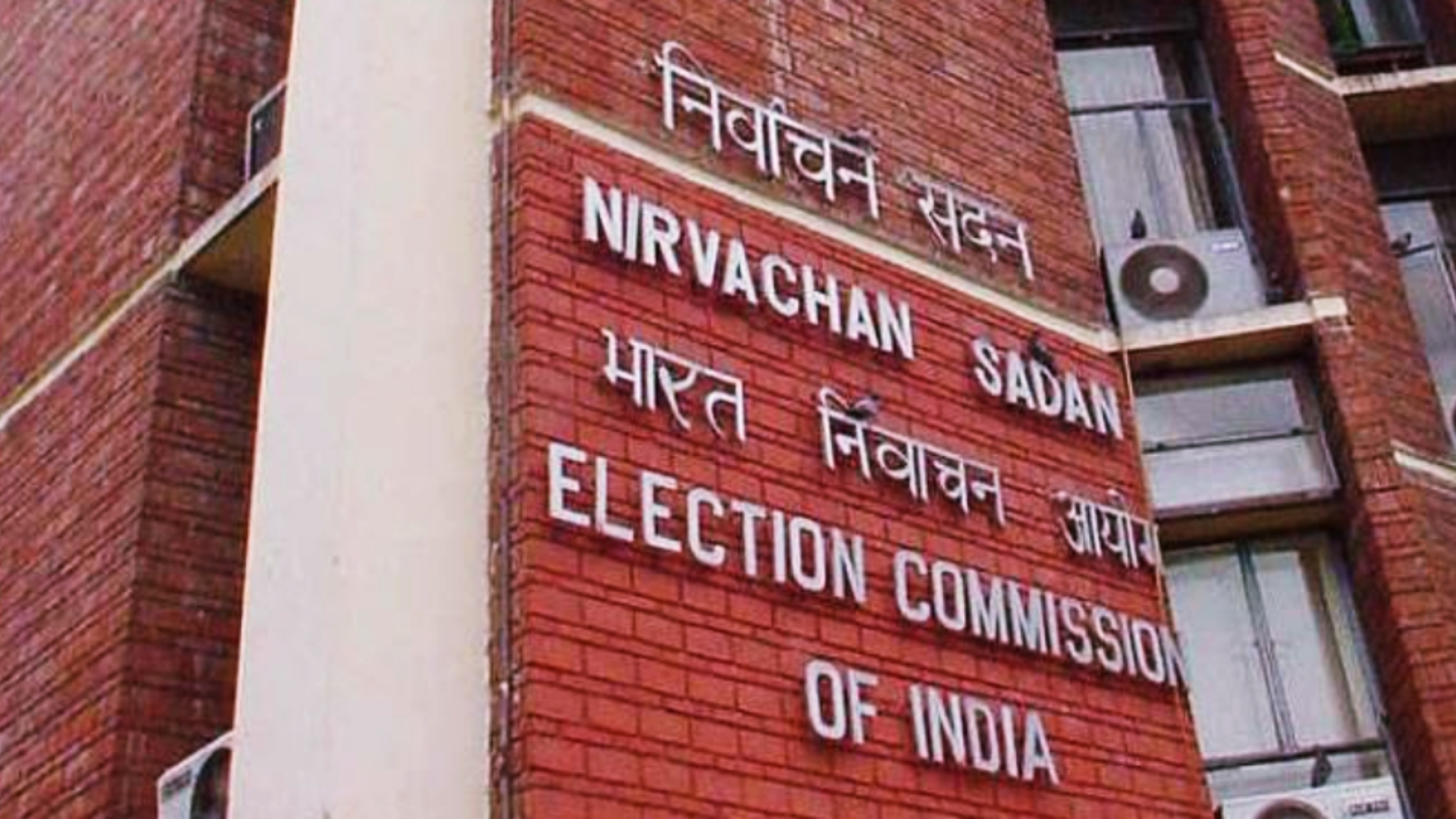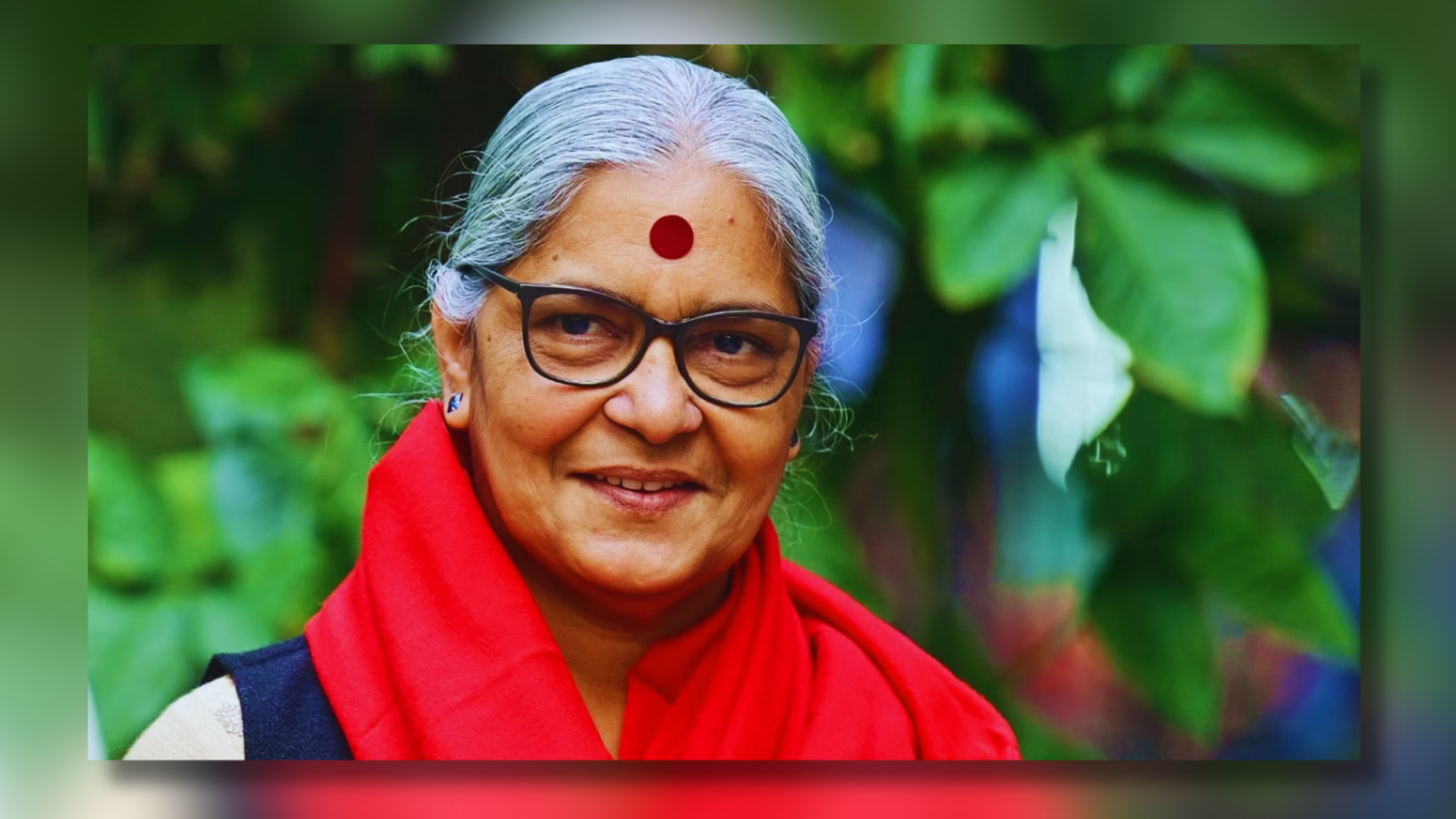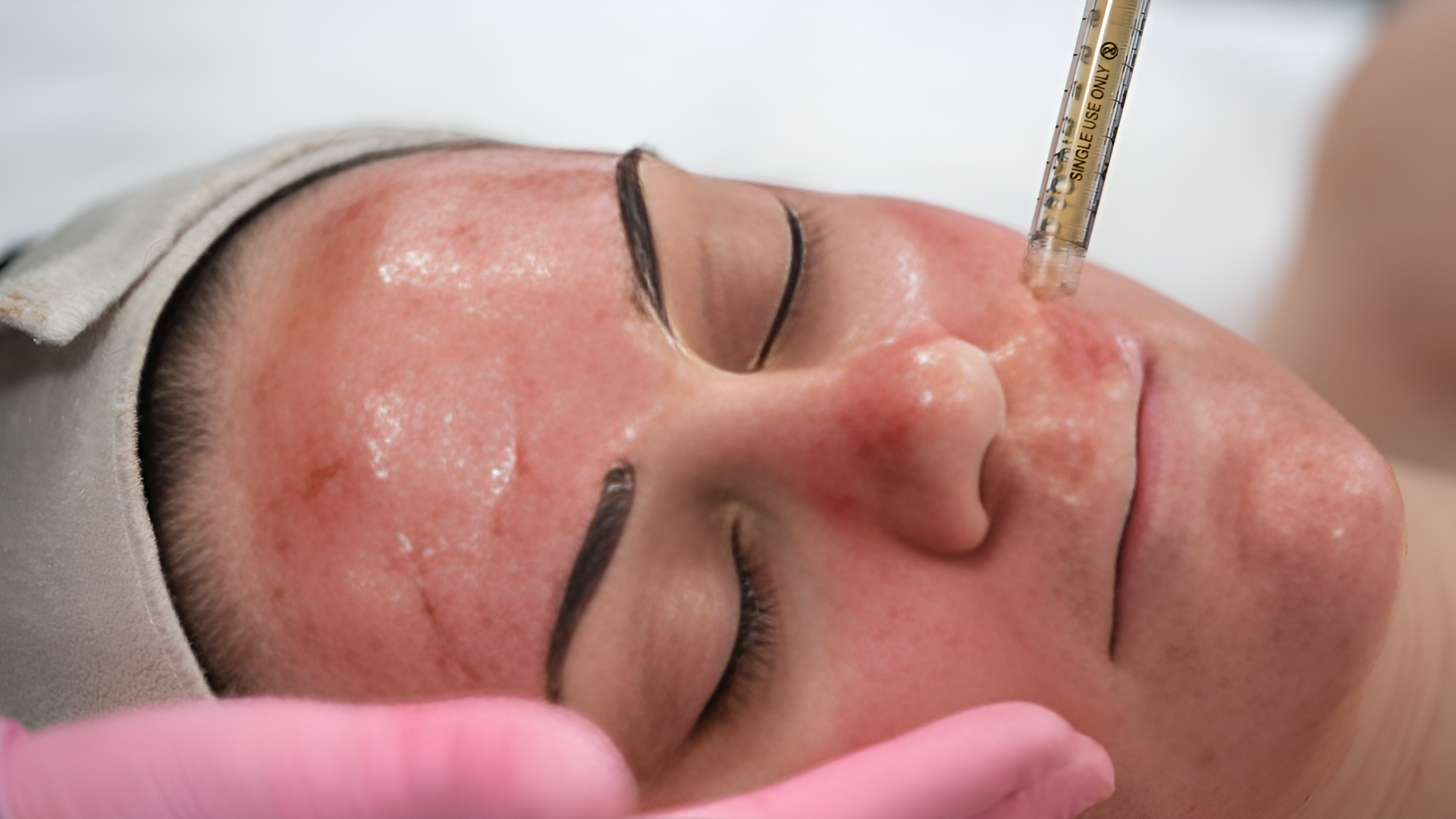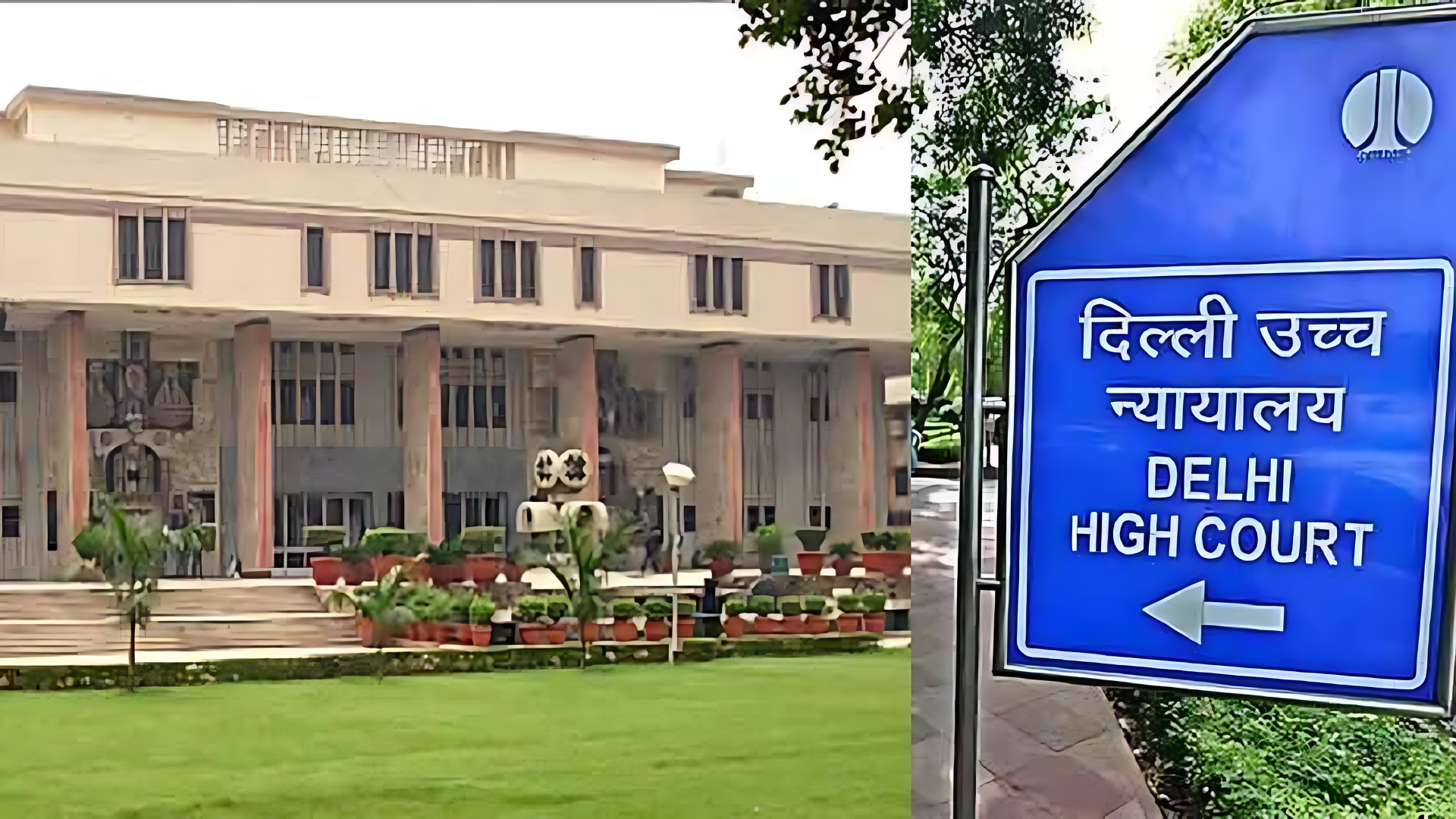



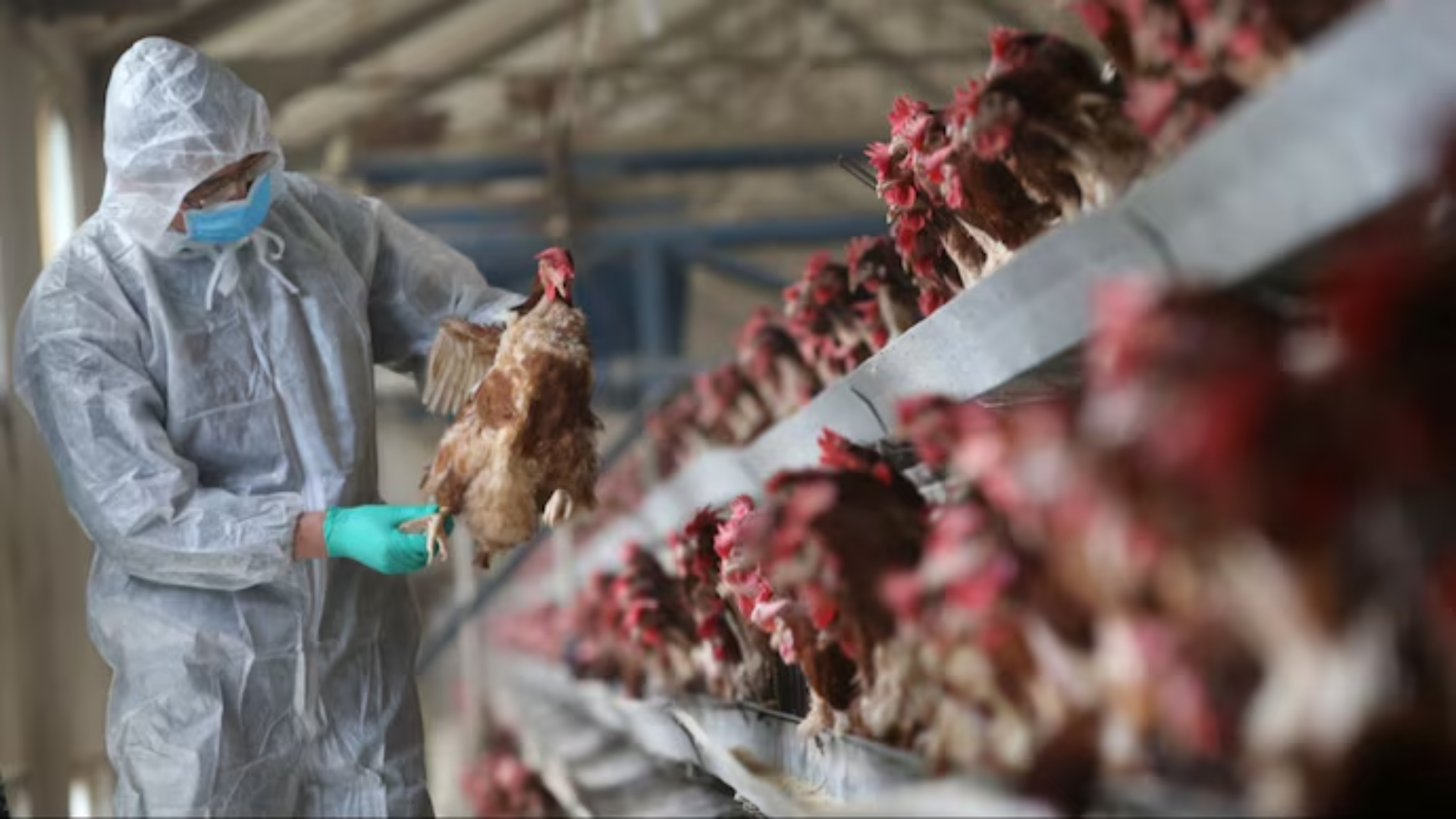





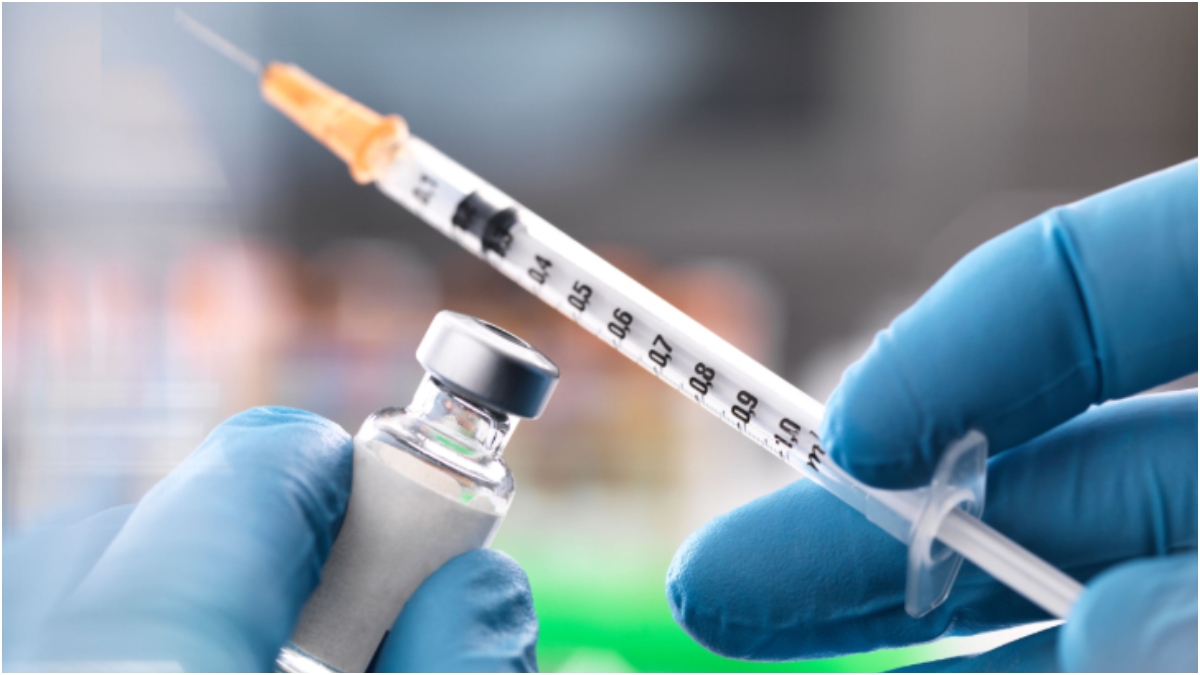
In a recent study, it was shown that after getting the initial COVID-19 vaccine, less than 50% of patients with hematologic malignancies acquired detectable antibodies, while 56% of “nonresponders” did so after receiving a booster dose.
The research’s findings were disseminated in the journal Cancer. For the study, 378 patients with blood cancer who received the first and booster doses of COVID-19 vaccine, were retrospectively examined by Thomas Ollila, MD, of Brown University, and his associates.
After receiving one of the three COVID-19 vaccines authorised or approved by the U.S. Food and Drug Administration (FDA), anti-SARS-CoV-2 antibodies were found in the blood of 181 patients (48%); those with active cancer or those who had recently undergone an immune cell-depleting therapy had the lowest likelihood of producing these antibodies.
After receiving a booster dose, 48 out of 85 (56%) of the patients who did not generate an antibody response after receiving the first vaccine showed responses.
By the end of February 2022, 33 patients (8.8 per cent) developed a COVID-19 infection, with three COVID-19-related deaths (0.8 per cent). Although there was no significant link between post-vaccination antibody response and incidence of COVID-19 infection, no patient with antibody responses died from COVID-19.
Also, no patient who received tixagevimab plus cilgavimab was diagnosed with a COVID-19 infection. Tixagevimab and cilgavimab are antibody therapies that bind to non-overlapping portions of the SARS-CoV-2 spike protein, preventing the virus from binding to and infecting cells. The FDA authorized the combination therapy for emergency use during the COVID-19 pandemic as a way to help prevent COVID-19 infection in certain individuals.
“Our findings build on the wealth of literature showing that patients with hematologic malignancies have an impaired response to COVID vaccination. Importantly, we show that many of these patients who did not respond initially will in fact have a response to booster vaccination,” Dr Ollila was quoted as saying by ANI.
“Moreover, when we looked at outcomes, we found that deaths from COVID-19 in the patient population we reviewed only occurred in those with undetectable antibodies, and nobody who received prophylactic antibody therapy was diagnosed with COVID-19. This suggests to us the importance of checking antibody levels in these patients and arranging prophylactic antibody therapy.”
Dr. Ollila encourages providing booster vaccines for patients and prioritizing prophylactic antibody therapy when indicated. “This is real-world evidence that these actions can save lives,” he was further quoted.


